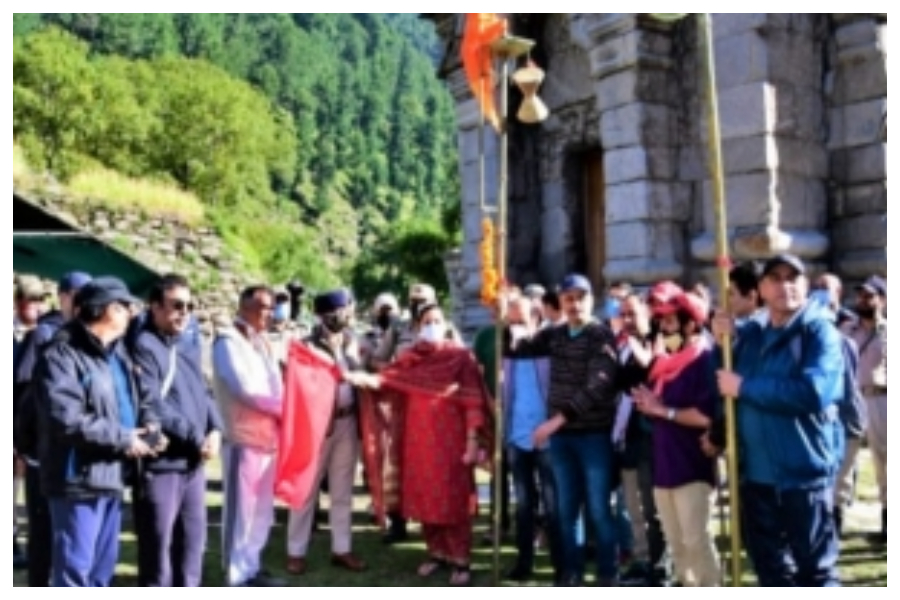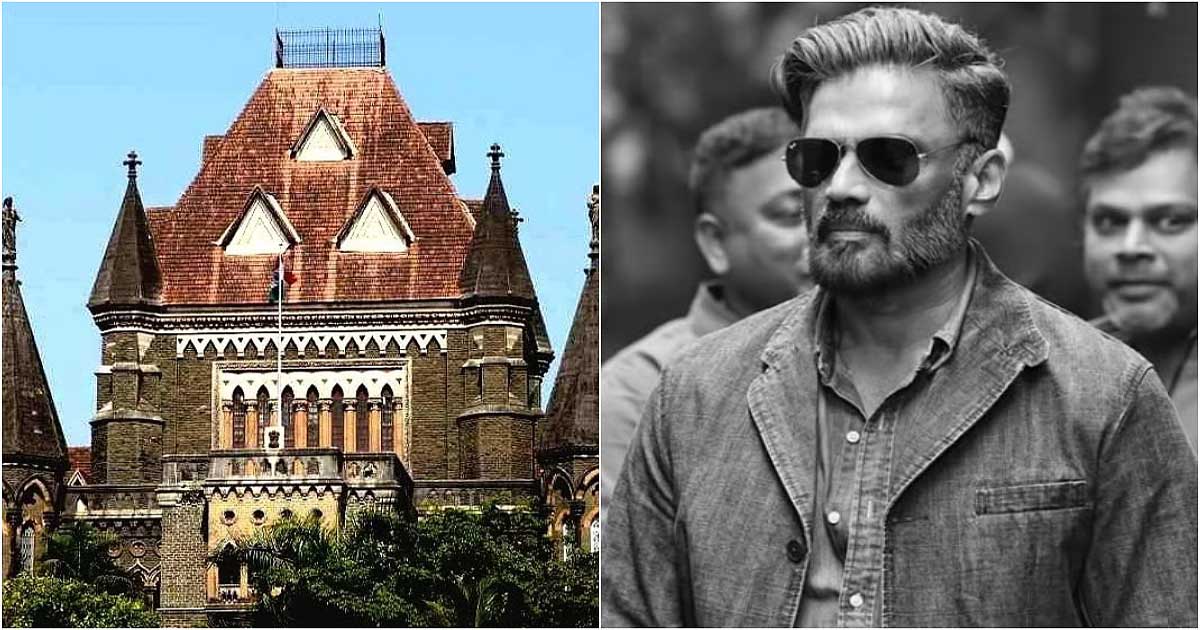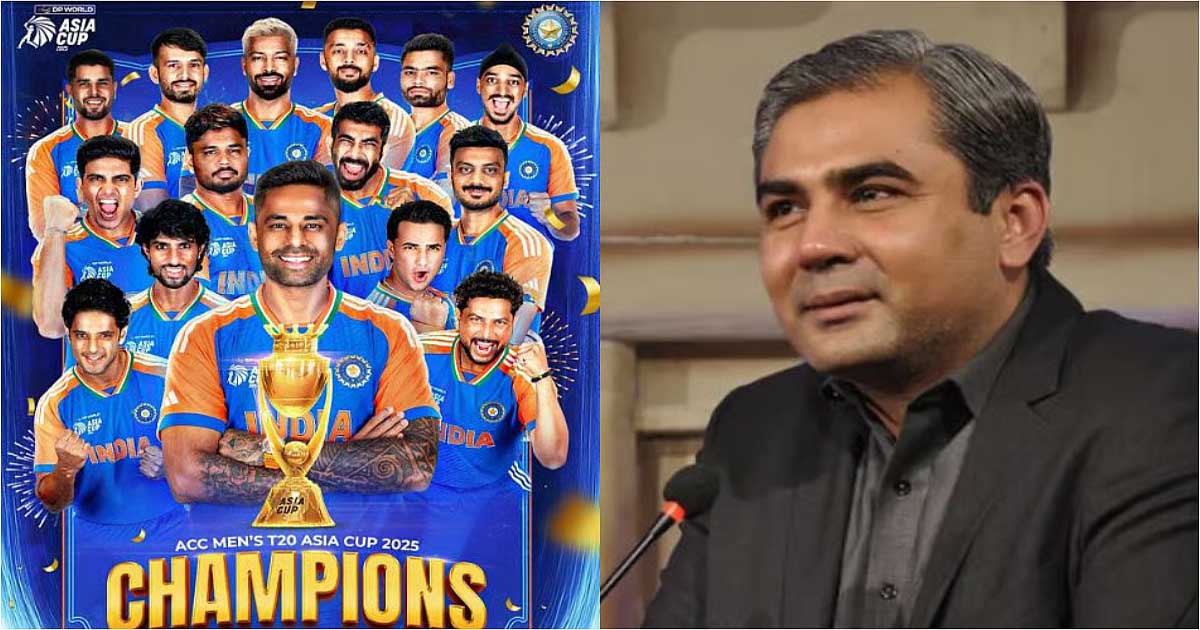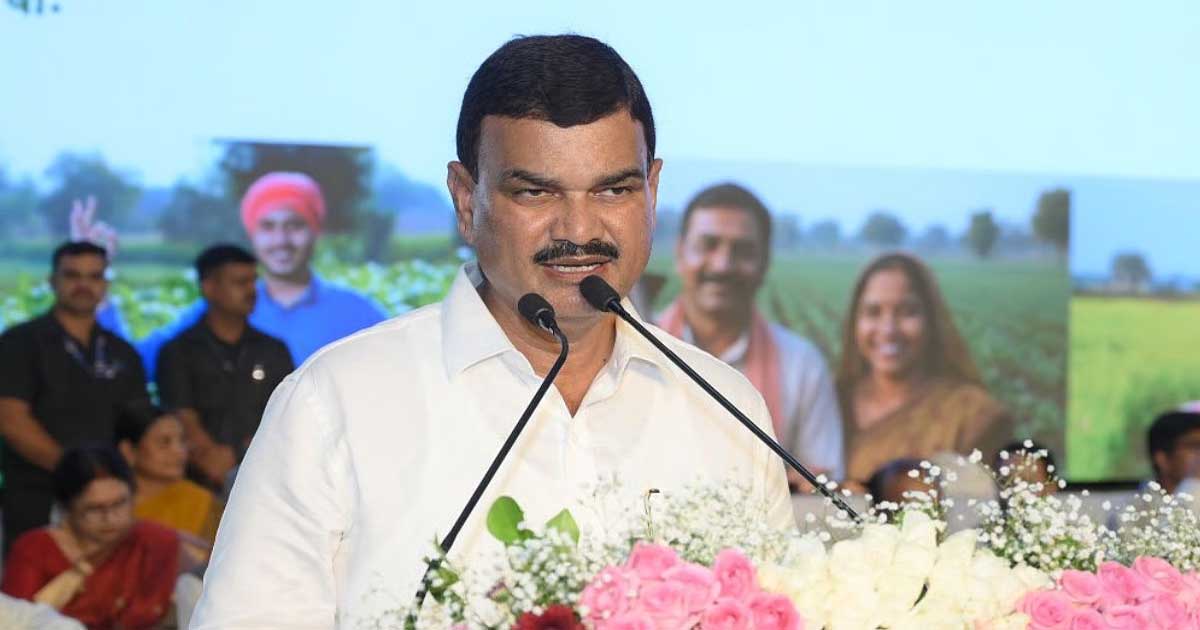National News
Pakistan was responsible for exodus of Kashmiri Pandits from Valley

The 1971 India-Pakistan war was a watershed moment in the ties between the two nations. On June 27, 1972, on the eve of his departure for then Simla for talks with Indian Prime Minister Indira Gandhi, Pakistan President Zulfiqar Ali Bhutto in a broadcast on Radio Pakistan said: “The war we have lost was not of our making. I had warned against it but my warning fell on deaf ears of a power drunk Junta. They recklessly plunged our people into the war and involved us in an intolerable surrender which lost us half our country.”
It took seven years and a coup d’etat for the Pakistani army to reassert itself; and with its recapture of power began a policy of trying to avenge 1971, not by war, but by chipping away at India with a proxy war.
In 1983, the National Conference in Jammu & Kashmir won a second landslide in state elections. But their leader and Chief Minister, Farooq Abdullah, fell out with Indira Gandhi, who used her constitutional levers to dismiss his government the following year.
When Abdullah subsequently patched up with Indira Gandhi, many of his supporters disapproved of the reconciliation. Thus, when fresh elections took place in Jammu & Kashmir in 1987, a significant segment of the National Conference’s traditional voters turned against them.
The outcome, though, did not reflect this. In others words, it is widely believed the results were rigged. The parties that suffered went on to constitute the separatist All Party Hurriyat Conference.
In February 1989, Soviet troops withdrew from Afghanistan. People in India-controlled Kashmir were pummelled with the propaganda that if Pakistan could have defeated the Soviet Union, Indian soldiers would be no match for their Pakistani counterparts in the event of an invasion by the Pakistan army.
Thus, even pro-India Kashmiris became nervous and felt it was better to be on the right side of such a war than the wrong one. It is in this fertile atmosphere of alienation and fear that an uprising occurred in August 1989 in Indian-controlled Kashmir.
During the 1988 to 1992 presidency of George Bush Senior, the US administration placed Pakistan on a watch list of countries potentially sponsoring terrorism, without definitively designating it as a state sponsor of terrorism.
I asked a senior American diplomat posted in Islamabad what persuaded Bush to issue such a caution. He replied, the President had “credible evidence” to do so.
I probed the diplomatist further. He revealed US satellites had picked up movement of Pakistani army trucks delivering weapons close to the Line of Control with India in Kashmir. The weapons had been supplied by western countries to Pakistan for distribution to the Afghan Mujahideen. Instead, they were diverted to Kashmir.
That was the genesis of a proxy war, which included intimidating Kashmiri Pandits and effectively triggering their exodus from the Valley.
During negotiations at the Simla summit, Bhutto floated the idea of the Line of Control in Kashmir being converted into a “Line of Peace”.
General Pervez Musharraf’s formula in 2006 was broadly along similar lines. But then Prime Minister Manmohan Singh’s government ultimately found it difficult to trust a man who was instrumental for the Kargil intrusion in 1999.
It has been the belief in the power structure in Pakistan that militancy in India-controlled Kashmir is justified. However, as the European Union has laid down, where there’s an opportunity to enter office through the ballot box – as there was up to 2019 – violence is unjustified.
The Election Commission of India has largely ensured fair elections in Jammu & Kashmir since the 1990s. In India’s northeastern states, separatist parties have fought elections and formed governments.
The Scottish National Party has achieved the same in Britain. Sinn Fein, which believes in Northern Ireland breaking away from Britain and merging with the Republic of Ireland, has been a constituent in the ruling coalition in Northern Ireland.
The legitimacy of fissiparous forces in Jammu & Kashmir can only be established by them, proving that they indeed enjoy majority support.
In the one and only opinion survey carried out on both sides of the Line of Control in Kashmir — by King’s College London and Chatham House in 2010 — 44 per cent of people in Pakistan-controlled Kashmir wanted independence as opposed to 43 per cent in India-controlled Jammu and Kashmir. Two per cent of people in India-controlled Jammu & Kashmir wanted to join Pakistan, compared to 1 per cent of people in Pakistan-controlled Kashmir.
Such figures may have changed. But India and Pakistan are obliged to sort out their disputes under the Simla Agreement, which states, “The two countries are resolved to settle their differences by peaceful means through bilateral negotiations.”
This Agreement is registered as a Treaty with the United Nations under Article 102 of the UN Charter. Therefore, it is binding on both nations.
Bollywood
Bombay HC Reserves Order On Sunil Shetty’s Plea Seeking Protection Of Personality Rights

Mumbai: The Bombay High Court on Friday reserved its order on a plea filed by Bollywood actor Sunil Shetty seeking protection of his personality rights and an injunction against unauthorised use of his name, image, and likeness on social media and various websites.
A single-judge bench of Justice Arif S Doctor briefly heard arguments from senior advocate Birendra Saraf, representing the 64-year-old actor, and remarked that “it is scary what people can do with the unregulated use of AI on social media.” The court is expected to pass an ex parte ad-interim order in due course.
Shetty, who has acted in over 100 films, has filed a commercial intellectual property rights infringement suit against several social media platforms, websites, and unknown persons (John Doe defendants) for what he described as “extensive and ongoing infringement and unauthorised commercial exploitation” of his persona.
The plea highlights that his photographs and deepfake images, including those with his grandchild, were being used for commercial gain by real estate agencies, gambling and astrology websites, and merchandise sellers — all without his consent or authorisation.
Some of these instances involve AI-generated content, including deepfake videos and counterfeit merchandise like T-shirts and posters featuring his image.
Saraf submitted that such unauthorised usage and impersonation dilute the actor’s reputation, goodwill, and contractual commitments with third parties. “The infringement acts are causing irreparable harm to the plaintiff’s immense goodwill built carefully over the years,” the plea stated.
It further argued that the business models of such websites were designed to unlawfully monetise Shetty’s persona and “debase the goodwill and reputation that the plaintiff has cultivated over many years.”
The actor has sought a permanent injunction restraining all defendants from misusing his personality rights — including his name, image, likeness, voice, or any other attributes — in any form, especially through AI-generated or deepfake content.
He has also sought directions to take down infringing content and prohibit the manufacture or sale of counterfeit merchandise using his likeness.
Justice Doctor had earlier, while granting interim relief to singer Asha Bhosle in a similar plea, observed that using AI tools to imitate a celebrity’s voice without consent violates their personal rights.
National News
ACC Locks Asia Cup Trophy With Instructions Of Not Be Handed To Team India Without Mohsin Naqvi’s Presence

Lahore: The Asia Cup trophy, which was not presented to the victorious Indian team after its refusal to accept it from Asian Cricket Council chief Mohsin Naqvi, has been locked away at the ACC’s Dubai headquarters with “instructions that it should not be moved or handed over” without the Chairman’s approval.
The trophy has been at the ACC office after Naqvi walked away with it from the presentation ceremony following the Indian team’s refusal to accept it from him. India beat Pakistan in the Asia Cup final in Dubai on September 28.
Naqvi is also the Pakistan Cricket Board (PCB) Chairman and the Interior Minister of his country and India-Pakistan tensions have hit a peak after the Pahalgam terror attack.
“As of today the trophy is still in ACC offices in Dubai with clear intructions from Naqvi that it should not be moved or handed over to anyone without his approval and in person presence,” a source close to Naqvi told PTI.
“Naqvi has given clear instructions that only he will hand over the trophy in person (whenever that happens) to the Indian team or BCCI,” he added.
The entire Asia Cup was overshadowed by Indo-Pak hostilities. The Indians refused to shake hands with the arch foes throughout the tournament and players from both sides mocked each other with politically charged gestures.
Naqvi too made political statements on his social media pages.
The BCCI took strong exception to his act of walking away with the trophy and vowed to raise the matter in an ICC meeting next month. It is being widely speculated that a strong move to get Naqvi censured and even removed as Director in the ICC could be made.
“It remains to be seen what will be the long term ramifications for the PCB or Naqvi because the BCCI is clear he (Naqvi) didn’t have any right to insist on handing the trophy himself to the Indian team and refusing to send it to the BCCI who were official hosts of the event,” the source said.
National News
Nine Maharashtra Districts Included In PM Dhan Dhanya Krishi Yojana To Boost Farmer Income And Self-Reliance

Mumbai: “The Prime Minister Dhan Dhanya Krishi Yojana marks a decisive step towards increasing farmers’ income and making them self-reliant,” said Maharashtra Agriculture Minister Dattatray Bharane. “After consistent efforts for farmers’ justice, this is a significant achievement. The Central Government has included nine districts from Maharashtra in the scheme, which will be inaugurated tomorrow in Delhi by Prime Minister Narendra Modi. I urge farmers across the state to actively participate in this initiative,” Bharane added.
A state-level event for Maharashtra will be held tomorrow under the chairmanship of Agriculture Minister Dattatray Bharane at the Pune District Central Cooperative Bank Auditorium.
The Prime Minister Dhan Dhanya Krishi Yojana (PMDDKY) has been launched by the Central Government to improve the condition of farmers in regions with low productivity, limited irrigation facilities, and inadequate access to agricultural credit. A total of 100 districts across India have been selected under the scheme, including nine from Maharashtra—Palghar, Raigad, Dhule, Chhatrapati Sambhajinagar, Beed, Nanded, Yavatmal, Chandrapur, and Gadchiroli.
The scheme aims to promote agricultural improvement, crop diversification, productivity enhancement, and sustainable farming. It will be implemented over the next six years, with an annual budgetary provision of ₹24,000 crore. In the selected districts of Maharashtra, the focus will be on grain storage, processing, irrigation improvement, and local employment generation.
Minister Bharane welcomed the decision, saying, “This scheme will directly benefit farmers across the state. It will strengthen sustainable agriculture, water conservation, and the adoption of modern technologies—boosting farmers’ confidence. This initiative truly means ‘strength to farming, relief to farmers’.”
More than 300 progressive and innovative farmers are expected to attend tomorrow’s event. Under this program, 36 different schemes from 11 departments of the Central and State Governments will be implemented in convergence. The activities will be executed at multiple levels—Gram Panchayats, Krishi Vigyan Kendras (KVKs), Agricultural Market Committees, Kisan Samriddhi Kendras, and Cooperative Credit Societies (PACS).
Currently, over 36 central and state agricultural schemes are being converged to boost crop productivity, ensure sustainability, and strengthen post-harvest technology and credit systems. The nationwide launch of the PM Dhan Dhanya Krishi Yojana, Natural Farming, and Pulses Campaign will be conducted through live broadcasts at district headquarters, KVKs, taluka offices, Gram Panchayats, and agricultural institutions.
Representatives from local bodies, agriculture departments, universities, scientists, award-winning farmers, natural farming practitioners, and farmer producer companies will participate in these events.
Minister Bharane also extended his gratitude to Prime Minister Narendra Modi and Union Agriculture Minister Shivraj Singh Chouhan for including nine districts from Maharashtra under this ambitious and farmer-friendly initiative.
-

 Crime3 years ago
Crime3 years agoClass 10 student jumps to death in Jaipur
-

 Maharashtra1 year ago
Maharashtra1 year agoMumbai Local Train Update: Central Railway’s New Timetable Comes Into Effect; Check Full List Of Revised Timings & Stations
-

 Maharashtra12 months ago
Maharashtra12 months agoMumbai To Go Toll-Free Tonight! Maharashtra Govt Announces Complete Toll Waiver For Light Motor Vehicles At All 5 Entry Points Of City
-

 Maharashtra1 year ago
Maharashtra1 year agoFalse photo of Imtiaz Jaleel’s rally, exposing the fooling conspiracy
-

 National News12 months ago
National News12 months agoMinistry of Railways rolls out Special Drive 4.0 with focus on digitisation, cleanliness, inclusiveness and grievance redressal
-

 Maharashtra11 months ago
Maharashtra11 months agoMaharashtra Elections 2024: Mumbai Metro & BEST Services Extended Till Midnight On Voting Day
-

 National News1 year ago
National News1 year agoJ&K: 4 Jawans Killed, 28 Injured After Bus Carrying BSF Personnel For Poll Duty Falls Into Gorge In Budgam; Terrifying Visuals Surface
-

 Crime12 months ago
Crime12 months agoBaba Siddique Murder: Mumbai Police Unable To Get Lawrence Bishnoi Custody Due To Home Ministry Order, Says Report












